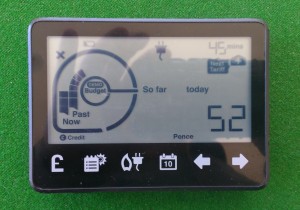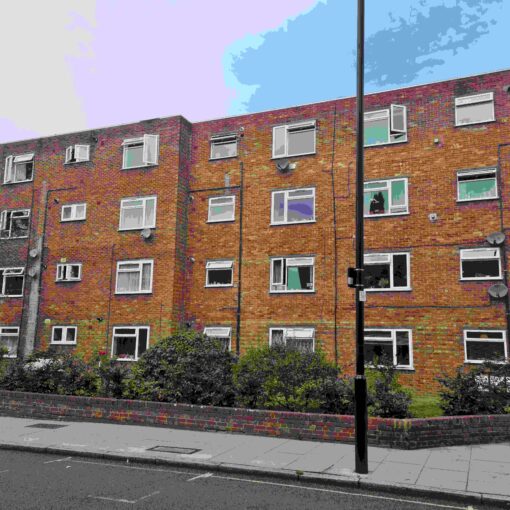Future Climate has been working with Smart Energy GB, to support HMO (houses in multiple occupation – shared houses) landlords and tenants in benefiting from the Smart Meter roll out. We’re also working with council officers to help them reach HMO tenants and landlords. Our project is part of Smart Energy GB’s work to ensure everyone in Great Britain hears about smart meters and knows how to use them to get their gas and electricity under control.
Future Climate thinks it’s important that there’s a priority given to HMO tenants in benefiting from smart meters. HMO tenants are usually on lower incomes and if anyone needs the benefits of lower energy costs and more control over energy use, it’s people living in shared houses.
But our project is complicated because HMOs are complicated. In our previous research we’ve identified several different types of energy payment arrangement in HMOs:
- HMOs where landlords pay the energy bills for tenants, sometimes charging a fixed charge for energy with a cap to tenants
- HMOs where tenants jointly share the energy bill
- HMOs where tenants have individual pre-payment meters (particularly common where tenants have studio flats). In these situations landlords usually will be paying for use of energy in the communal areas.
- HMOs where landlords put in place sub-meters and collect money for energy from tenants, and the landlord then pays the energy supplier.

And there’s some complicated issues around fitting and using smart meters in each of these settings. For example, every home where a smart meter is installed is given a in-home display device (see image right) to help residents see how and when they’re using energy inside the home. This device is tied to a particular smart meter and has a limited range so it only works inside that property. In situations where landlords pay the energy bills, landlords need to explain to their tenants how to use the display device and the landlord needs to make sure they keep track of it when tenants change.
In different types of HMO the advice for tenants and landlords will be different. So we’ve produced dedicated landlords and tenants guidance for different situations. You can see our guidance here:


